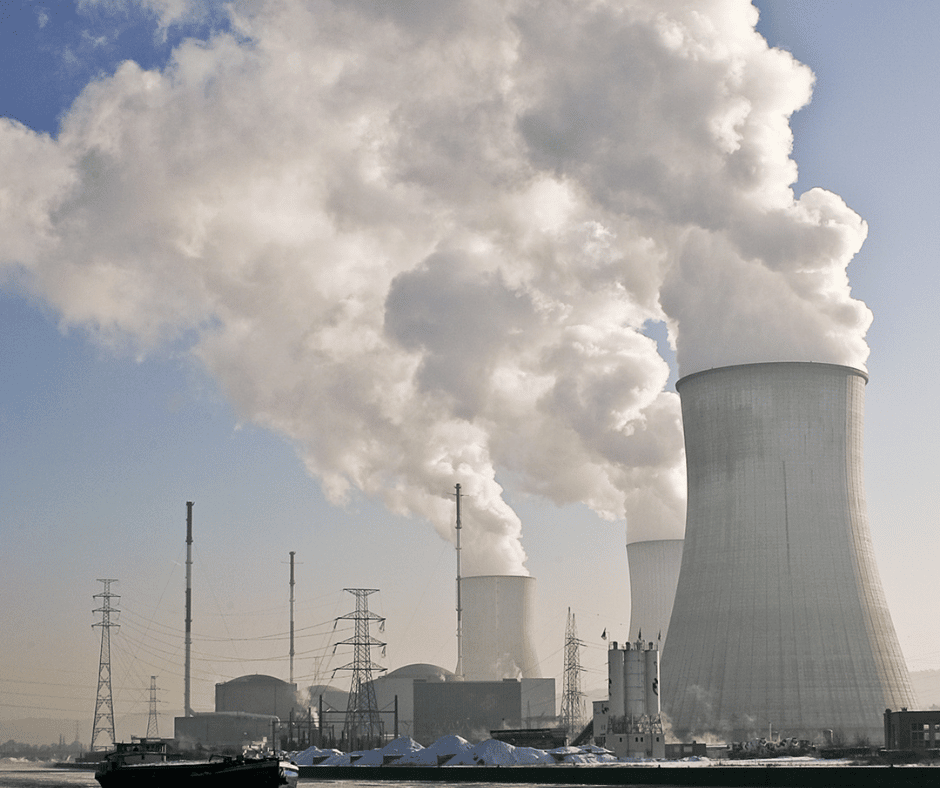There is no doubt that energy is one of the most important resources on Earth. It is what drives our economy and keeps our world running. But what is the most powerful type of energy? There are many different types of energy, each with its own unique properties. In this blog post, we will explore the different types of energy and discuss which one is the most powerful.

One of the most common types of energy is mechanical energy. This type of energy involves the movement of objects, such as when a car accelerates or when an airplane takes off. Mechanical energy can be transformed into other forms, such as heat and electricity. The amount of mechanical energy that is released depends on how much force is exerted on an object and its mass.
Another form of energy is thermal energy, which occurs when two objects at different temperatures interact. When two objects with different temperatures come into contact, they exchange heat until they reach a state where their temperatures are similar. Thermal energy can also be used to power machines by converting it into mechanical or electrical energy.
Chemical energy is another type of powerful energy. This type of energy is created when chemical bonds between atoms are broken or formed. For example, burning fuel creates a lot of chemical energy due to the breaking of molecules in the fuel and their subsequent rearrangement into new molecules.
Nuclear energy is also one of the most powerful forms of energy on Earth. Nuclear power plants take advantage of the immense amount of energy that can be released by splitting atoms (fission) or combining them (fusion). Nuclear fission creates an incredible amount of heat which can then be used to generate electricity. Nuclear fusion is still largely experimental but could potentially provide an even greater source of clean energy than nuclear fission in the future.

Out of all the different types of energy, nuclear energy is the most powerful. It has the highest energy density, meaning it produces a lot of energy from a small amount of fuel. This makes it much more efficient than other forms of energy production, such as burning fossil fuels or using mechanical energy. Additionally, nuclear power does not produce any greenhouse gases or air pollutants, making it an incredibly clean source of power for the future.
In conclusion, there are many different types of energy on Earth and each one has its own unique properties. However, when looking at the sheer magnitude and potential for producing large amounts of clean energy without emitting harmful pollutants into our environment, nothing can compare to nuclear energy.
